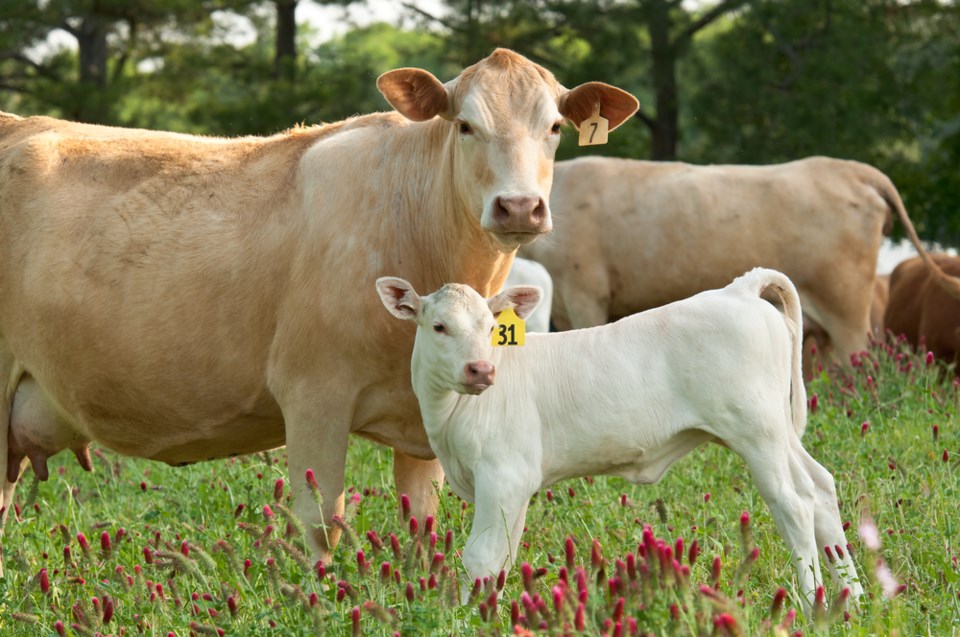Producing healthier and heavier calves is the goal of every ranch.
Making sure newborn calves receive the antibodies found in colostrum can develop healthier and heavier calves, Ogema veterinarian Dr. Andy Acton told the Celebrating Rural Ranching Women 2020 conference in Moose Jaw.
The colostrum in fresh milk provides antibodies that prevent disease in the calf.
How soon the colostrum is needed varies among ranchers from a few hours to one day.
“Get the colostrum in the calf as soon as you can.”
If one of the calves from his 40 cow herd goes two or three hours without sucking milk, he either guides the calf to nurse or feeds milk from a bottle or tube.
Some producers say they lose too many calves by tube feeding but Acton says more are lost from not getting colostrum soon enough.
Not getting colostrum quickly enough can result in lighter less healthy calves, said the Deep South Clinic vet.
He hand milks two or three litres of milk for calves that don’t get to the teat right away.
While at one of his clients, Acton tested 10 newborn calves for colostrum.
The results: three had high levels, three tested good, three were so-so, and one had none.
By the time Acton contacted the rancher with results the calf with no colostrum had died.
Taking measures to ensure baby calves get colostrum immediately can add 38 pounds to weaning weights, or about $80 a calf
Producers should watch for weak calves and be particular to feed twins to avoid smaller sickly calves.
In his own operation he segregates a week’ newborn and mothers in different pens to reduce disease.
“You want to keep new calves away from older calves’ manure.”
Ron Walter can be reached at [email protected]




